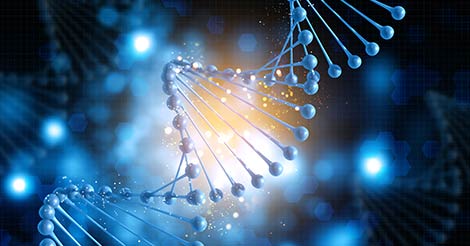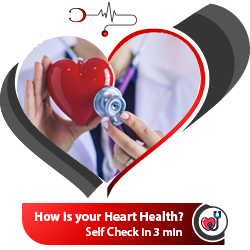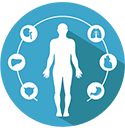How much are your genes to be blamed?
Lifestyle Diseases - How much are your genes to be blamed? Not all that you get in inheritance is good and for the keeps. Same goes for certain diseases and health conditions. Family’s medical history has a conspicuous role to play in deciding your disease status. Some diseases are genetic or hereditary in nature, which means they run in generation to generation. Most of the lifestyle related diseases or NCDs fall in this category.

Cardiovascular Diseases Heart diseases are commonly seen running in families. If your first degree male relative (like father or brother) has suffered a heart attack before the age of 55, or if your first degree female relative (mother or sister) has suffered it before the age of 65, you are at a higher risk of developing a heart disease.
If both parents have suffered from heart disease before the age of 55, your risk of developing it rises by 50% as compared to the other people. Stroke Your chance of having a stroke is high if your first-degree relatives have had strokes in the past. Younger they get a stroke, higher are your chances of getting it too. Studies suggest that this risk increases if you are a female and your mother has suffered a stroke. Hypertension Studies have shown a definite genetic component for hypertension, an important factor related to the development of cardiovascular disease. It is alleged that inheriting hypertension is a key factor in the familial link of ischemic stroke.
High Cholesterol Familial hypercholesterolemia or high cholesterol level are found to be linked genetically. If you have inherited this condition, then you may experience a build-up of LDL (low-density lipoprotein) cholesterol in the blood. This can later lead to coronary heart disease. Diabetes Type 2 diabetes also has a strong genetic component. If either of the parents is diabetic, then your chances of suffering from it increase by 20-30%.
If both the parents are diabetic, the probability increases up to 60%. If diabetes is present in two generations, you fall into a high-risk zone. Cancers Only 8-10% cancers are because of faulty genetic mutation or bear a familial incidence. Rest occur due to other environmental or lifestyle related factors. Now, since you cannot change your lineage, you have to come up with other measures to diminish your probability of acquiring certain diseases.






